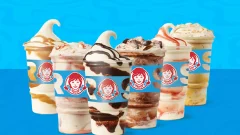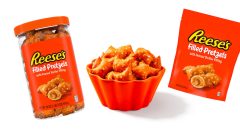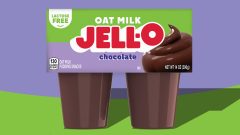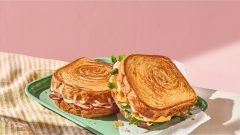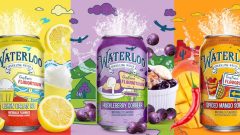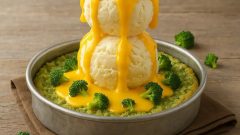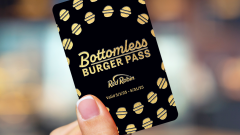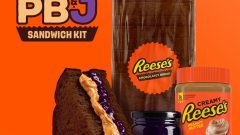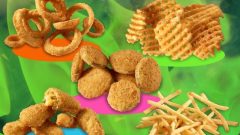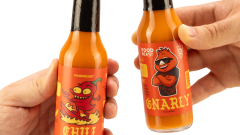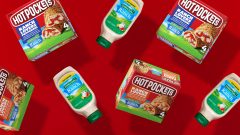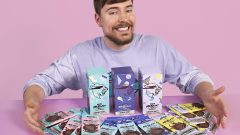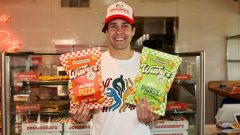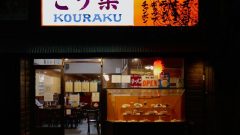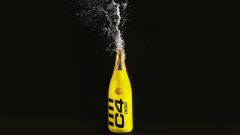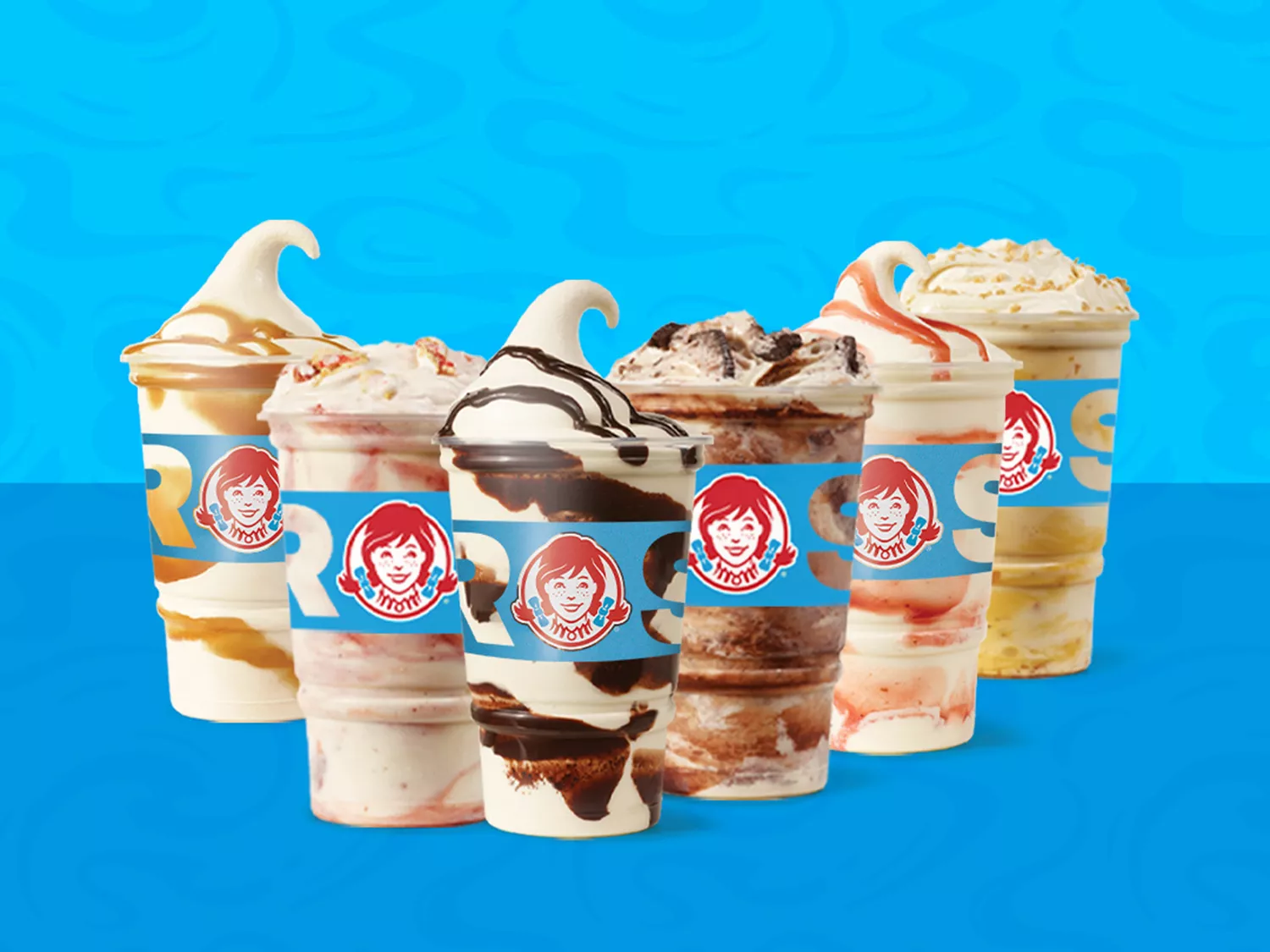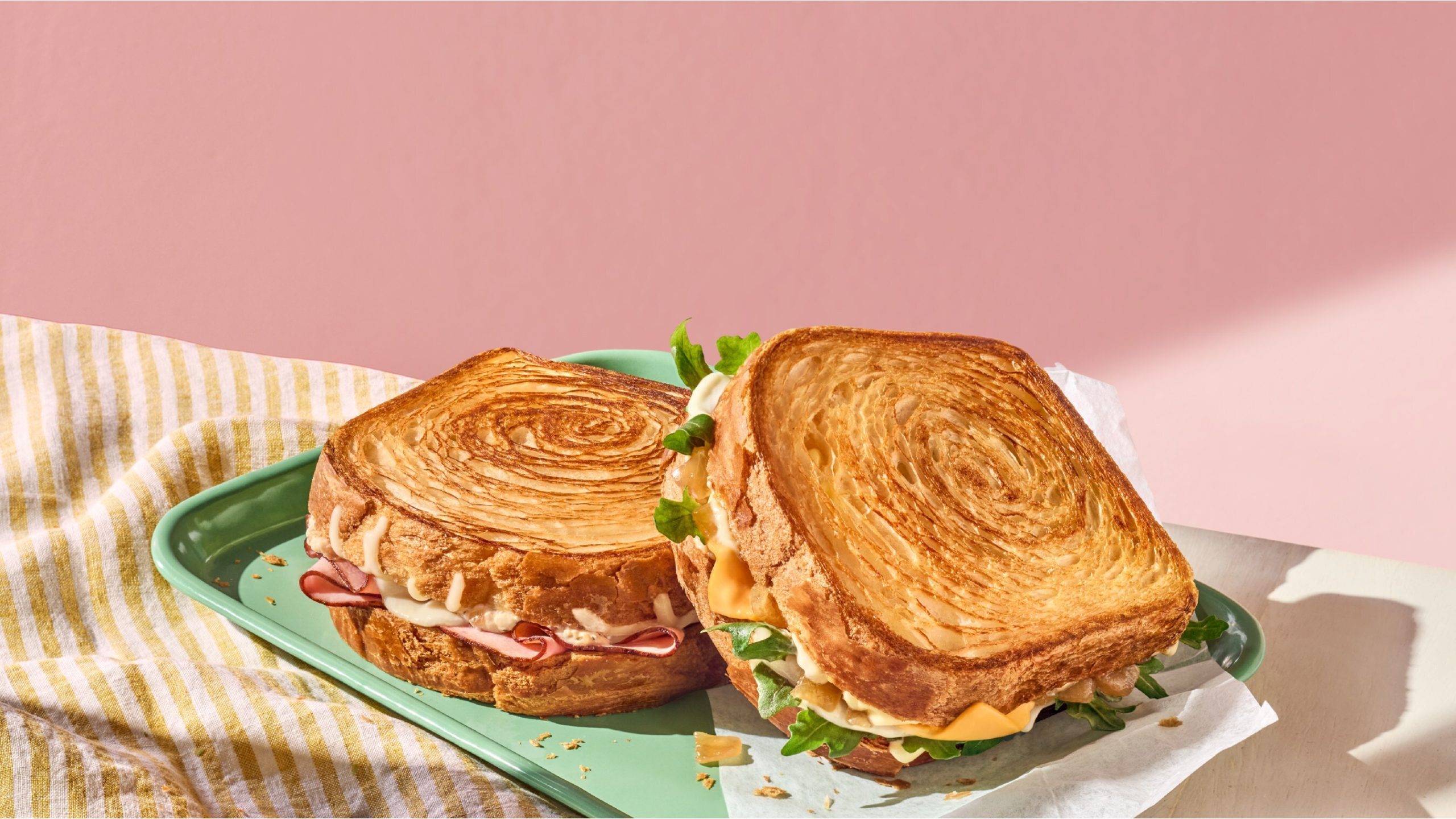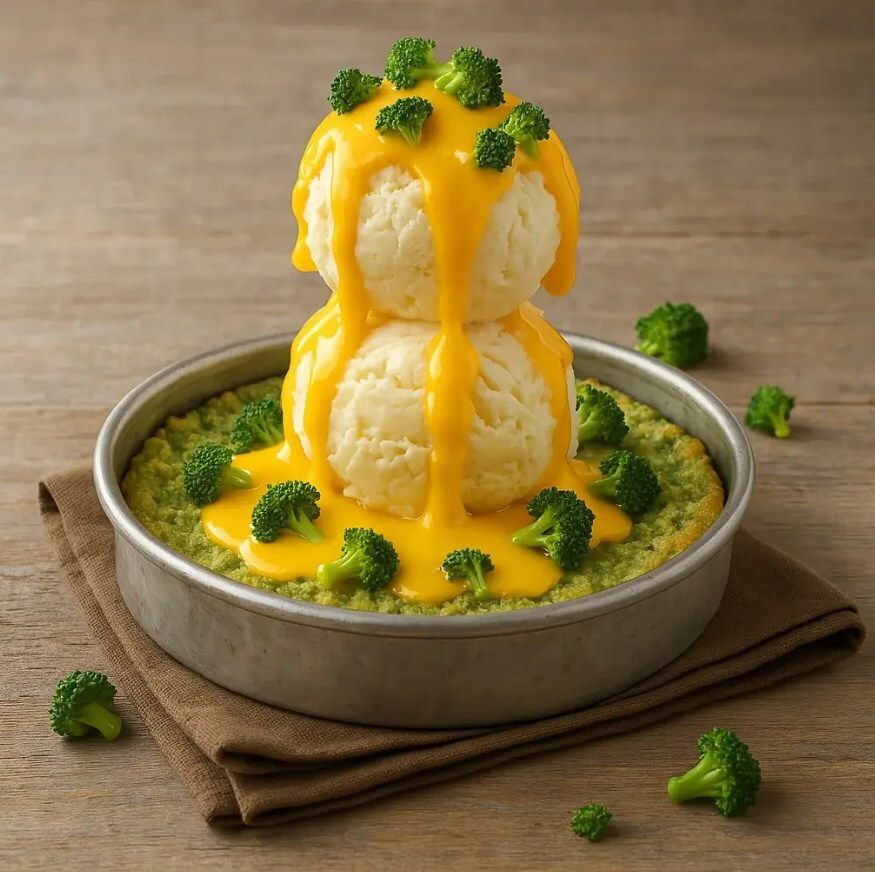This Popular Japanese Milk Bread Has Been Selling Out in Minutes
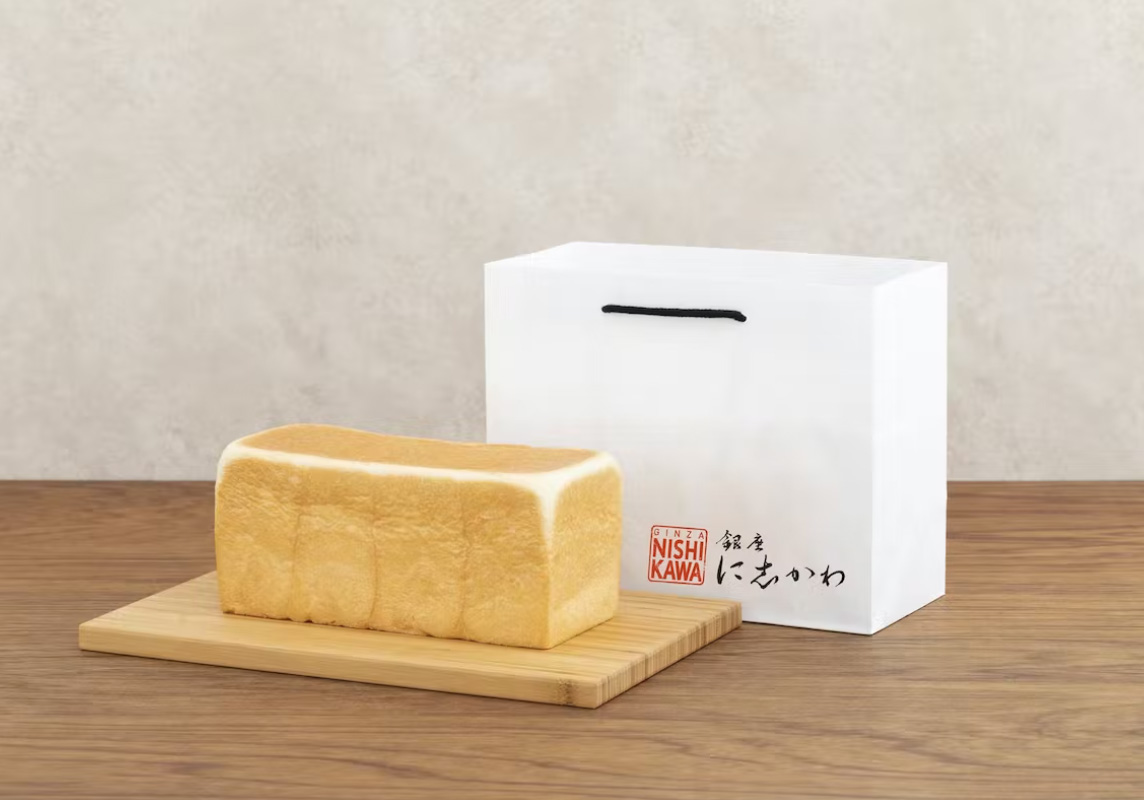
Since opening their first U.S. location in July, Angeleno foodies have been going crazy over Ginza Nishikawa’s shokupan bread. It’s so popular that loaves priced at $18 have been selling out daily within minutes. According to Eater, shokupan-mania has even inspired a slew of resellers to mark-up the price at $22 to even $33, causing some complaints on Yelp.
“The bread loaf is so fluffy and delicious. However, I cannot give 5 star because you are allowing the resellers to order the bread before regular customers can even place an order,” one Yelper commented, who then shared an image from a reseller showing over 60 Ginza Nishikawa shokupan bags.

To curb the reselling problem, Ginza Nishikawa’s owners started limiting sales to three per customer. Despite their efforts, buyers circumvented the policy by placing multiple orders under different names. Now a statement graces the website homepage warning that anyone found violating the policy can be barred from ordering.
You might wonder what’s so special about Ginza Nishikawa’s shokupan bread. Shokupan means ‘milk bread’ in Japanese, it’s widely available and typically found in convenience stores and markets. What makes Ginza Nishikawa’s shokupan different is quality. It’s made from a special preservative-free recipe that involves using alkaline ionized water, which triggers umami in the ingredients, resulting in a golden-crusted fluffy bite of doughy-deliciousness.

It also exudes luxury, coming in a high-end, pristine white bag with the words Ginza Nishikawa stylishly printed along its sides. No wonder that its bread is often given as a gift.
Due to Japan’s oversaturated market, franchisee owners Noriko Okubo and Hiroko Mori Fujikawa have chosen the perfect time to introduce Ginza Nishikawa to Los Angeles. “It was about bringing something that’s very cultural and special [to Japan] over [to the U.S.],” Okubo told Eater. “We get the opportunity to bring it back to the West, where white bread came from.”
Ensuring the U.S. location maintained the strict quality standards of its Japanese roots, a month before opening, Ginza Nishikawa’s head baker traveled to LA to train the staff. Each day, the Japanese headquarters requires the LA branch to send photos of the bread-making process and finished product.

Initially, Okubu planned for a brick-and-mortar location before the pandemic hit, making her opt for COLONY’s ghost kitchen instead. “I’m thinking of only [working out of] ghost kitchens because I want to do something different from what is being done in Japan,” she says. “I feel ghost kitchens are the new way of doing business.”
Ghost kitchens are locations where food is prepped for pick-up or delivery, yet operate without a dining space. At COLONY, Ginza Nishikawa joins a wide selection of dining options. While supplies tend to sell out fast, fresh shokupan is baked daily and purchasable via their website with a couple dozen loaves available for lucky walk-ins. They also have a partnership with Coco, the automated delivery robot to service folks at home.

